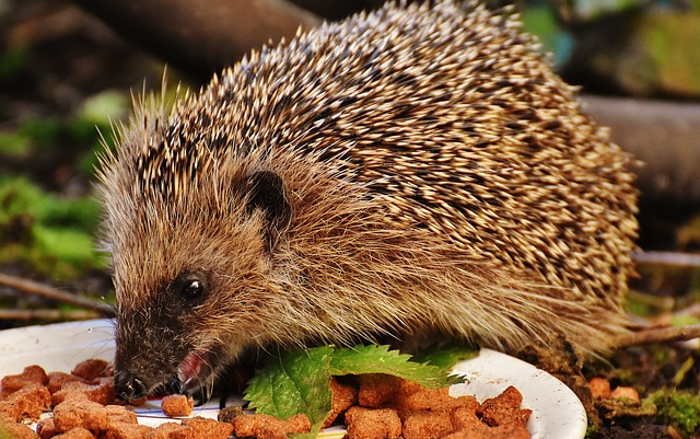Every language has some linguistic clichés. Linguistic clichés are sayings that have been used so much that they have become trite, overly familiar or common place like: “light as a feather” or “no pain no gain”. Of course, even in Italian there are many linguistic clichés. They all express thoughts and ideas that are usually …
Italian
What’s the difference between chi and che in Italian?
Chi e che sono due parole italiane comuni che hanno significati diversi e sono usati in modi diversi. Chi and che are two common Italian words that have different meanings and are used in different ways. Se hai appena iniziato a imparare l’italiano, all’inizio potresti confondere chi con che, o l’opposto. In realtà, è molto …
What’s the difference between chi and che in Italian?Read More
What do qui, qua, lì, là mean?
Qui qua, lì, là sono quattro parole largamente usate in italiano per indicare un luogo. Qui, qua, lì, là are four Italian words that are widely used in Italian to indicate location. Quindi, oggi ti spiegherò come usare qui, qua, lì, là. So, today I’m going to explain you how to use qui, qua, lì, …
Difference between cosa and quale in Italian
Today I’d like to talk about the difference between cosa and quale in Italian as question words. I’ll cover also the meaning of cosa, che cosa and che when you want to ask a question in Italian. Quale Quale asks you to choose or pick one or more things among which other options are possible. …
Do you know how to use essere and avere?
Essere and avere, respectively to be and to have, are two Italian auxiliary verbs. These verbs are incredibly useful and are the first verbs that learners usually learn in Italian.Do you know when and how to use them?Let’s see the present tense of these two irregular verbs first: Essere Io sono Tu sei Lui/Lei è …







